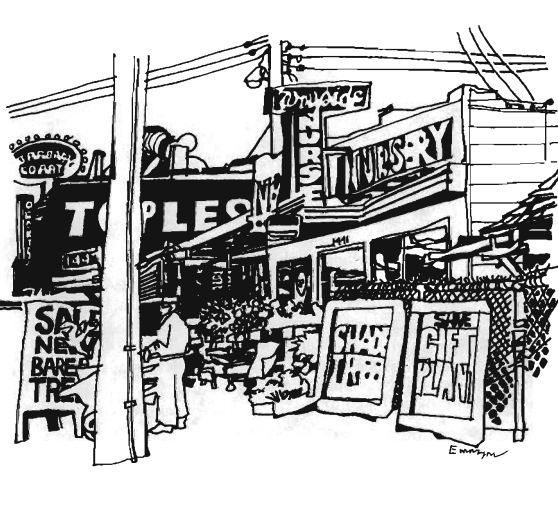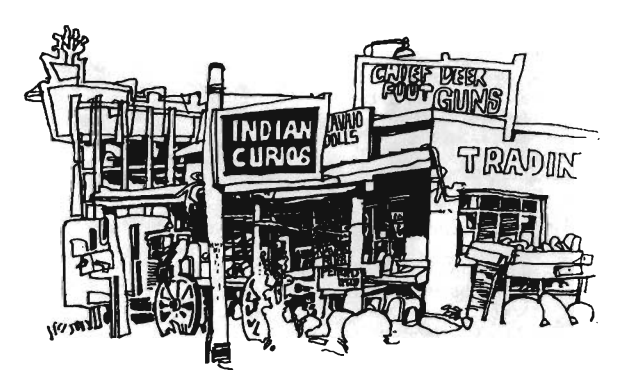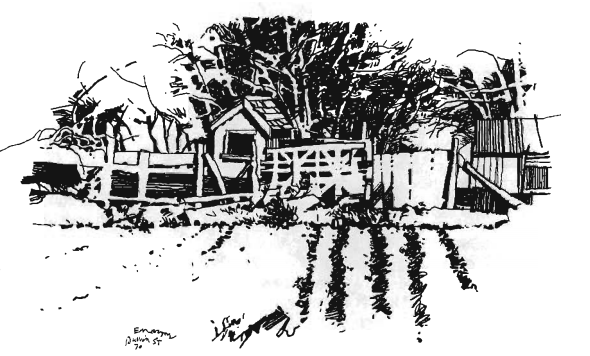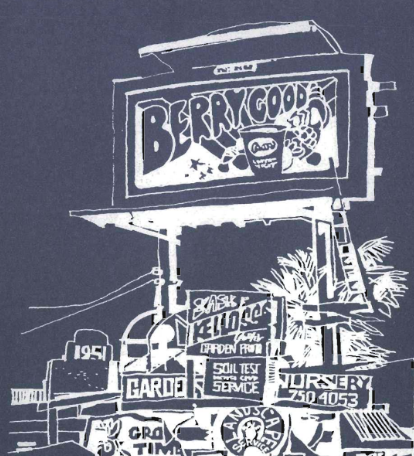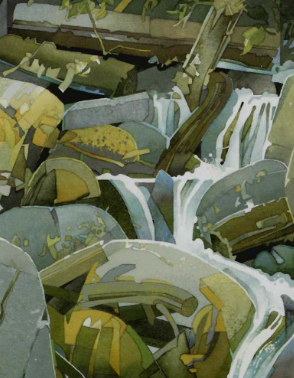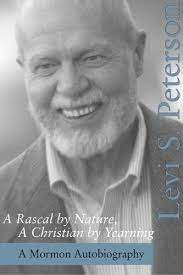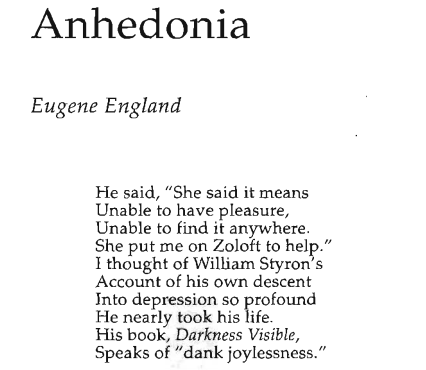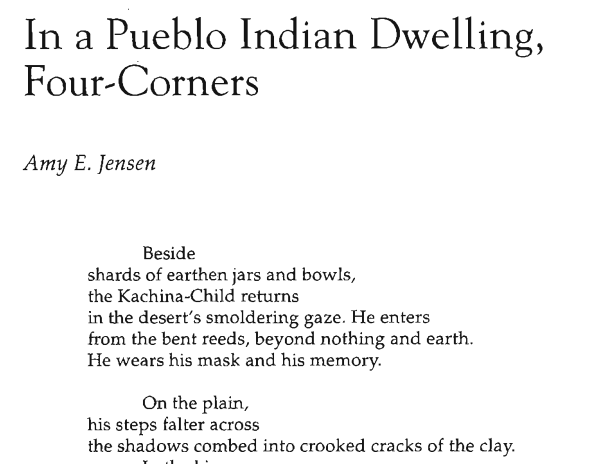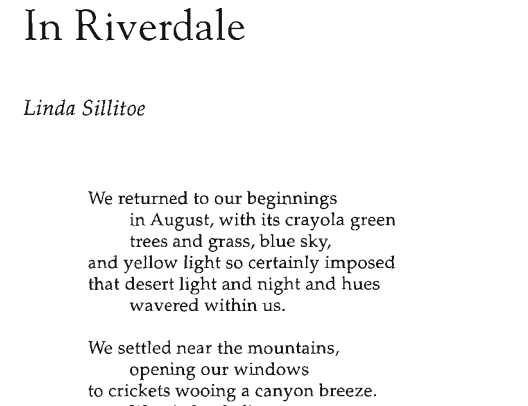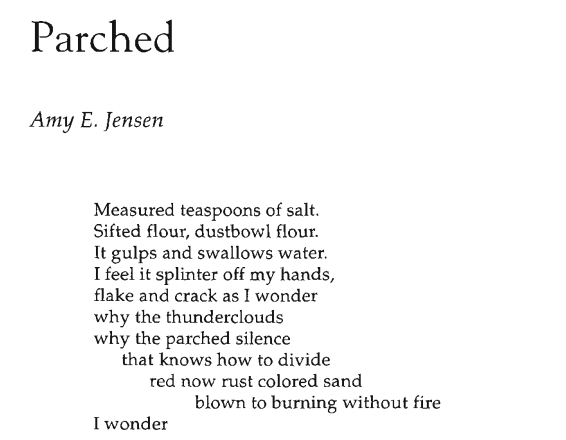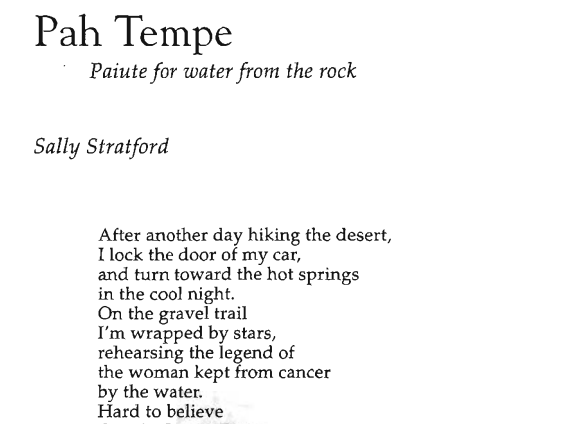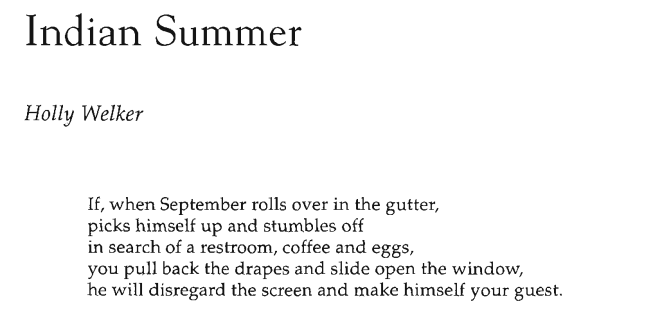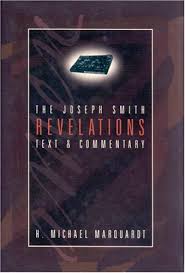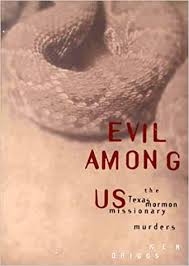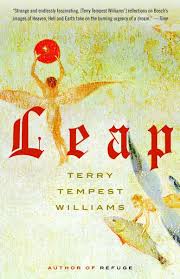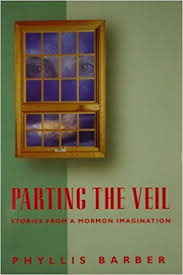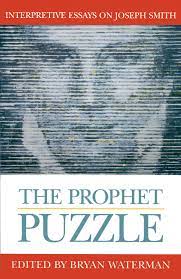Prelude to the National “”Defense of Marriage”” Campaign: Civil Discrimination Against Feared or Despised Minorities
D. Michael QuinnAmerica is currently in the midst of state-by-state political activism and judicial appeals to prevent the legalization of same-sex marriage. In 1996 the U.S. Supreme Court invalidated one example of the related effort to roll back laws protecting homosexuals from civil discrimination, but this campaign moves forward on various fronts in every state of the Union. Its organizers will certainly extend this political activism into all states currently lacking a “Defense of Marriage Act” (DOMA) which both prohibits same-sex marriage and refuses to recognize such unions legally performed in other states or countries. In view of the pace for this state by-state political activism during the 1990s, the Defense of Marriage campaign will probably continue throughout the United States for at least another decade.
Read more






